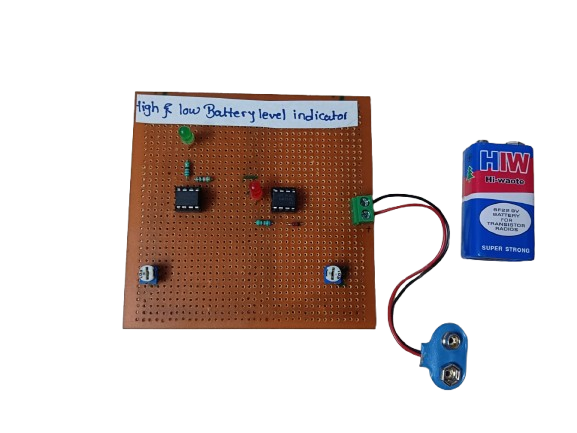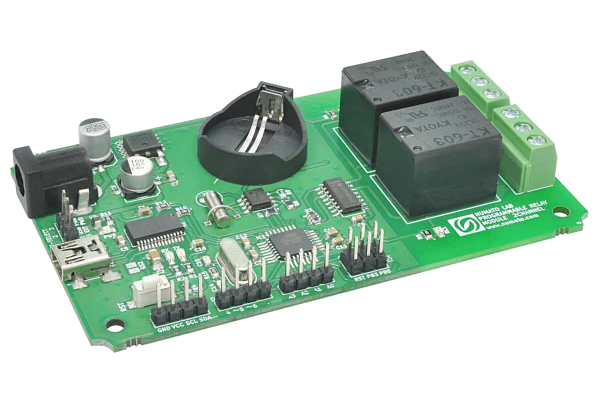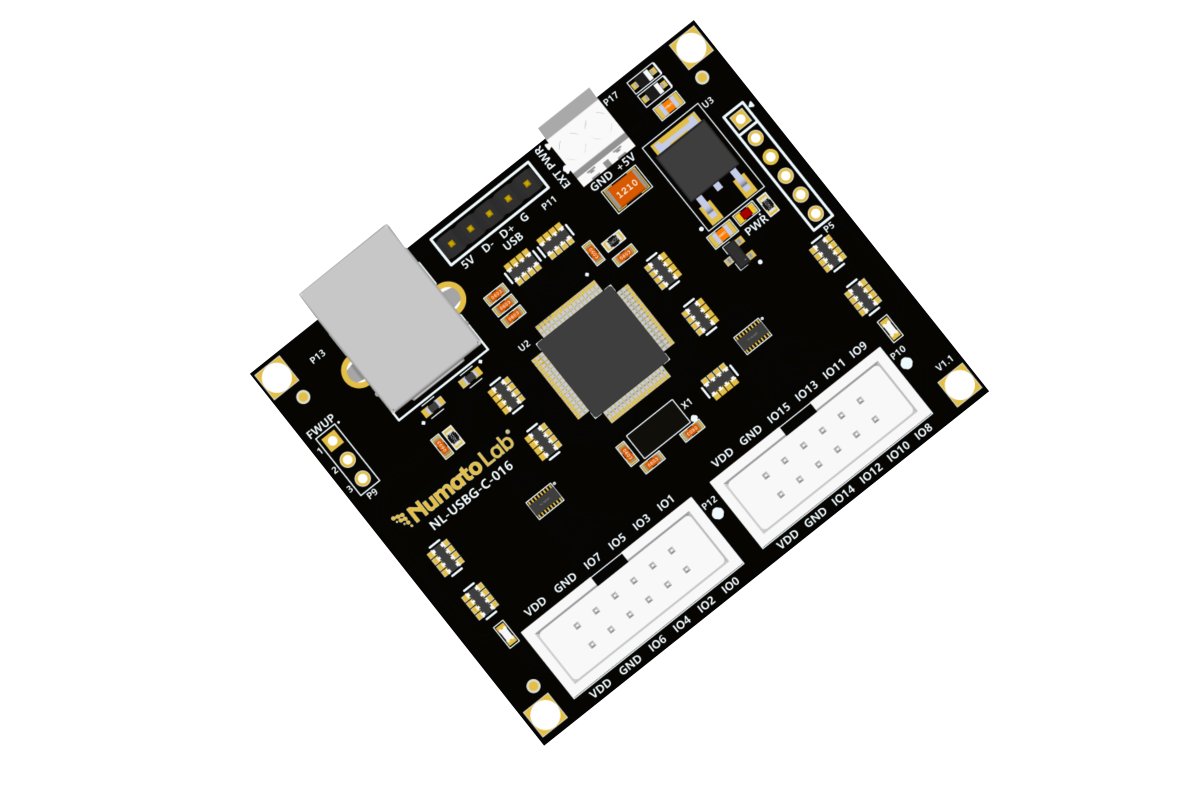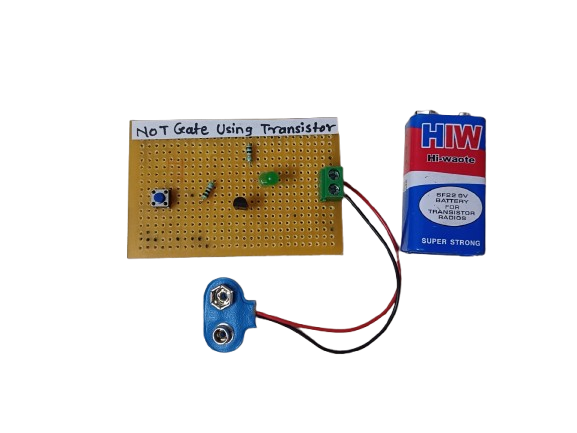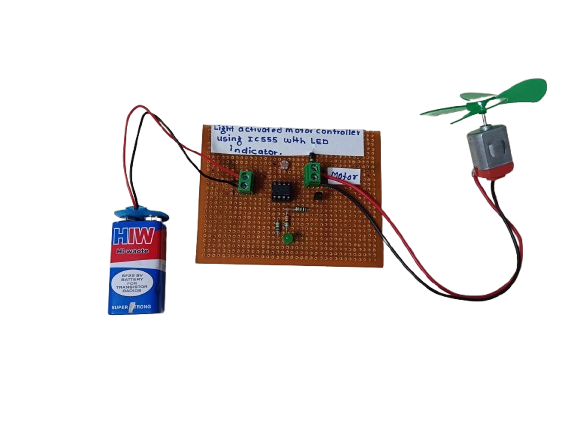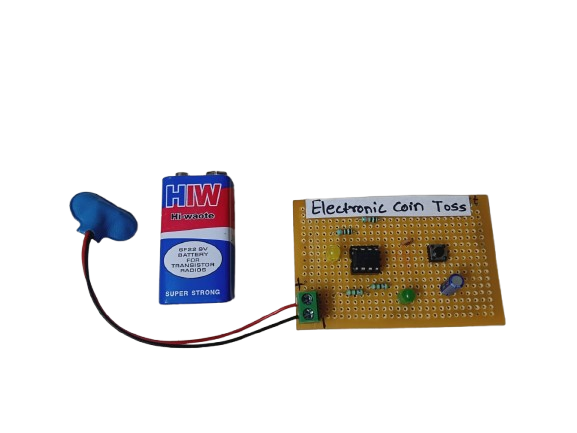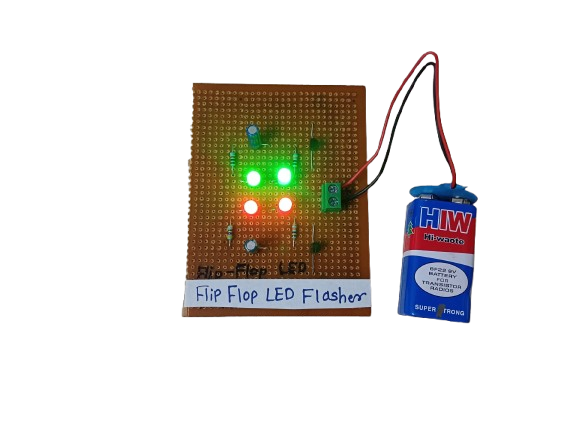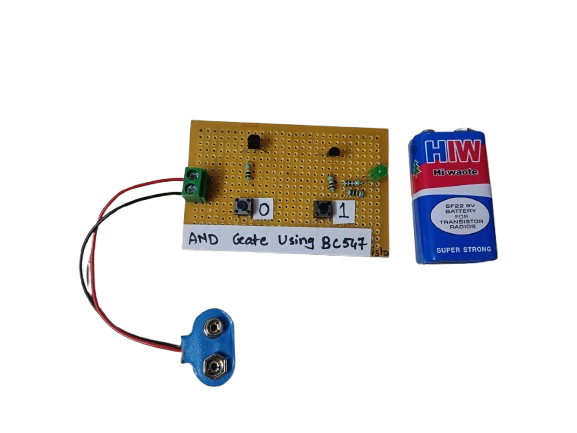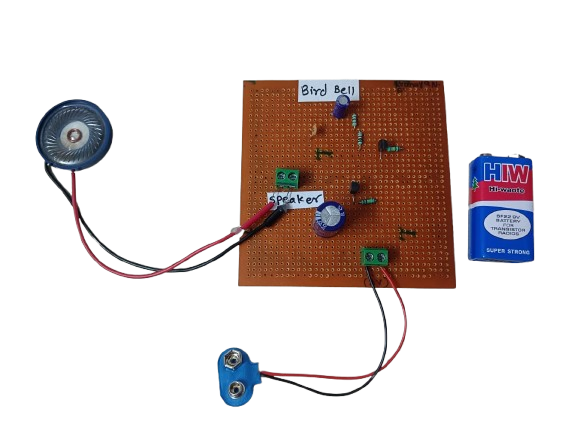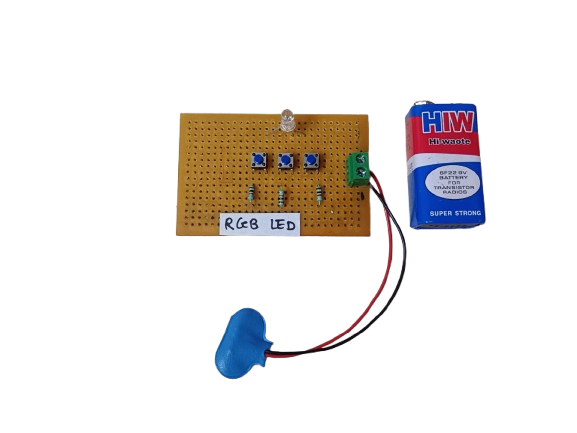Heartbeat Detector
₹450.00
In StockA heartbeat detector is an essential device for monitoring heart health, providing real-time data about a person’s pulse rate. Whether in a hospital, gym, or a DIY electronics project, it demonstrates how biomedical signals can be measured and processed using sensors and electronics. It’s a valuable tool for both personal health awareness and professional medical diagnostics.
Description
A heartbeat detector is a biomedical instrument that plays a crucial role in health monitoring systems, used to measure a person’s pulse rate non-invasively. These devices are designed to detect the small physical or optical changes in the body caused by the rhythmic contraction and expansion of the heart.
The most common method uses a pulse sensor with a photoplethysmography (PPG) principle:
- An infrared (IR) LED shines light into the skin.
- A photodetector (photodiode or phototransistor) measures how much light is absorbed or reflected, which changes with blood volume.
- Each pulse causes a small fluctuation in the signal, which is processed using filters and amplifiers to detect heartbeats.
Other methods use piezo sensors that detect pressure changes in the arteries, or even ECG electrodes for higher accuracy.
Heartbeat detectors can be standalone devices or part of larger systems, such as fitness trackers, smartwatches, or patient monitoring systems.
-
A Battery High-Low Monitor is an electronic circuit or device that detects and indicates the voltage level of a battery — whether it’s too high (overcharged), normal, or too low (discharged). It helps protect batteries from overcharging or deep discharge, which can damage the battery or reduce its lifespan.
These monitors often use comparators, voltage dividers, LED indicators, or microcontrollers to track and display battery status in real time.
₹225.00





